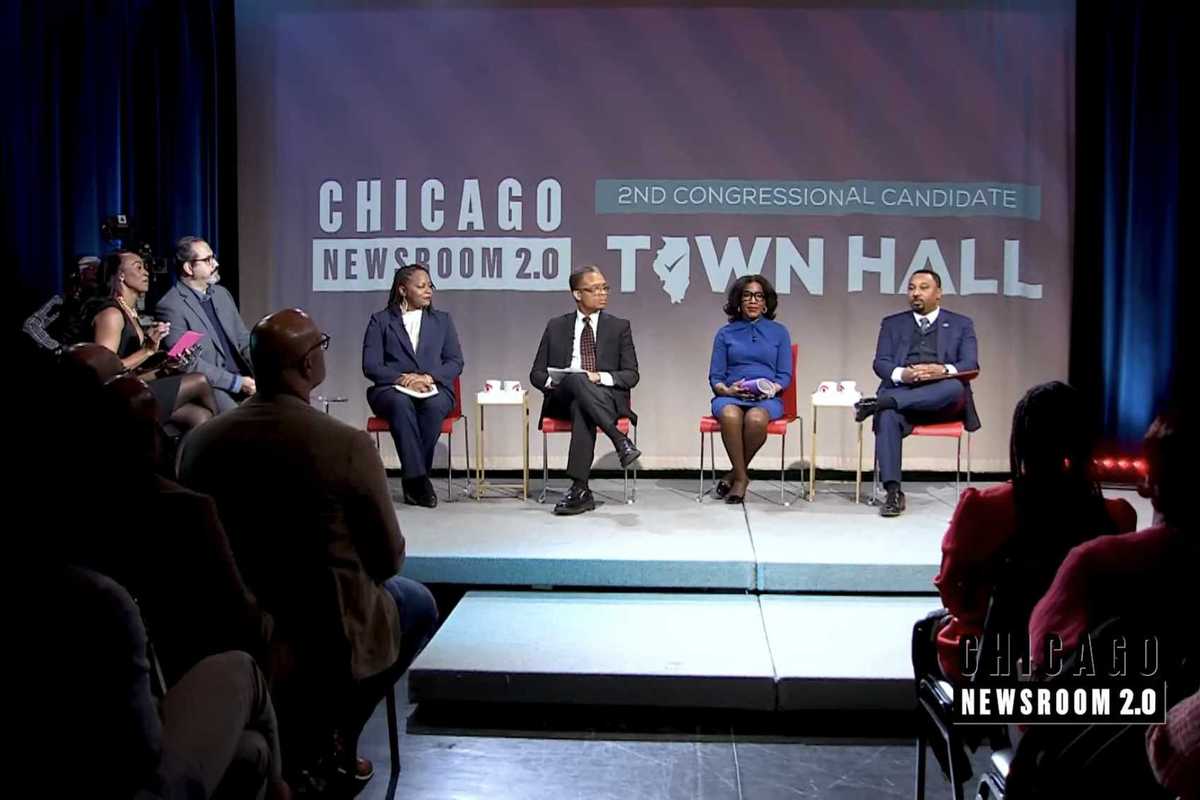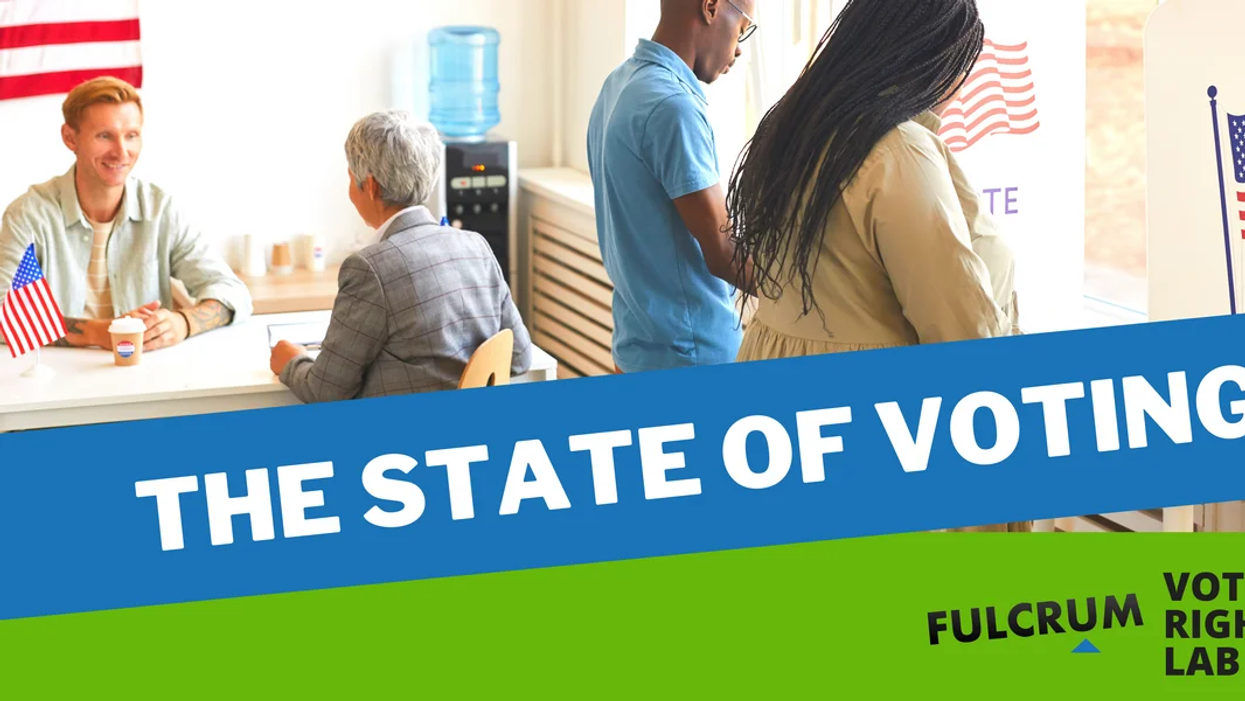The state of voting: July 25, 2022
This weekly update summarizing legislative activity affecting voting and elections is powered by the Voting Rights Lab. Sign up for VRL’s weekly newsletter here.
The Voting Rights Lab is tracking 2,185 bills so far this session, with 579 bills that tighten the rules governing voter access or election administration and 1,041 bills that expand the rules.
The Wisconsin Legislature rejected a rule allowing clerks to complete missing address details for ballot witnesses. And many Florida voters will need to update their voter registration files in order to vote by mail. Both of these issues could have major impact on the states’ August primary elections.
Delaware enacted no-excuse absentee voting and same-day registration. A Michigan court struck down a legislative practice that has been used to avoid submitting ballot initiative language to voters in its original form. California enacted a new law that will provide better transparency around signature verification.
Here are the details:
Delaware enacts no-excuse absentee voting and same-day registration. Governor John Carney signed into law S.B. 320, which opens mail voting to all registered voters and eliminates the state’s requirement that voters have a qualifying excuse to vote by absentee ballot. A second law, H.B. 25, will allow prospective voters to register through Election Day. Under prior law, the state’s voter registration deadline was the fourth Saturday before Election Day.
Wisconsin’s legislature rejects Wisconsin Election Commission (WEC) efforts to count valid ballots with minor omissions, while voters with disabilities sue to ensure access to voting assistance. Wisconsin mail ballots can be rejected over minor omissions, such as a missing zip code for their ballot's witness. Wisconsin is one of a small number of states that requires voters to fill out their mail ballots in front of a witness, who must then write their signature and address on the certificate envelope. In accordance with guidance issued by the WEC in 2016, election officials may fill in missing witness address information in certain circumstances. In response to a lawsuit seeking to invalidate that policy, the WEC codified that guidance as a rule and filed it with the Legislature’s committee that reviews administrative rules. The committee then rejected the rule.
A recent Wisconsin Supreme Court decision invalidating drop boxes seems to assert that voters – including those with disabilities – cannot be assisted when returning their complated ballot to a municipal clerk. On Friday, voters with disabilities sued to ensure they could exercise their federal rights, which entitle them to assistance in voting, in the upcoming primary and thereafter. Voters have recently won similar litigation in North Carolina.
Florida voters face new hurdles due to ID requirements. As Florida’s August 23rd primary approaches, many voters are receiving a last-minute request from their supervisor of elections to update their registration files with their driver’s license or Social Security number. Voters without this information in their registration files will be unable to vote by mail due to the new ID requirements enacted in last year’s S.B. 90. Roughly 33,000 voters in Duval County alone were informed of the need to update their information. Counties throughout Florida, where nearly 5 million people voted by mail in 2020, are conducting similar outreach to avoid leaving thousands of voters without access to mail-in voting.
Michigan court strikes down legislative practice of approving and amending ballot measures as “thwarting the power of the people.” The Michigan Court of Claims ruled last week that the state legislature may not approve a citizen-initiated ballot measure prior to its submission to voters and then subsequently amend the approved measure during the same legislative session. The court ruled that adopting a ballot measure before it reaches voters and then changing it within the same legislative session “thwart[s] the power of the People to initiate laws and then vote on those same laws — a power expressly reserved to the people in the Michigan Constitution.” The ruling alleviates advocate concerns that the legislature may have used the strategy with one of the election-related ballot measures currently pending approval for the ballot.
California enacts a bill that provides greater transparency into the signature verification process. Governor Gavin Newsom signed A.B. 1619, a new law that requires voters to be informed that the signature they provide during the voter registration process will be used to validate the signature on their mail ballot.




















